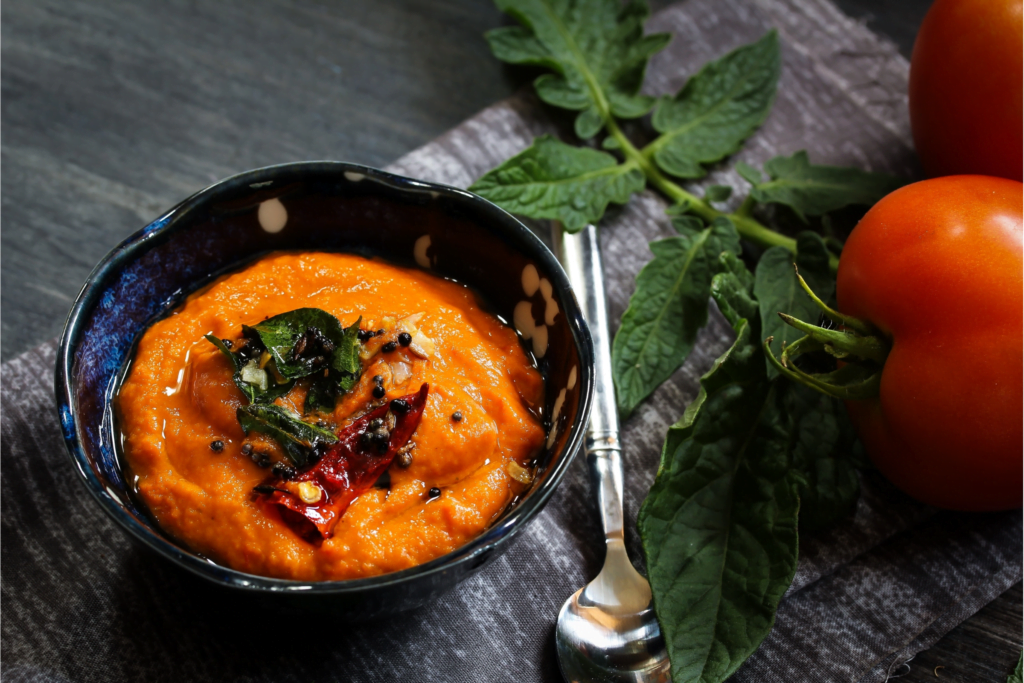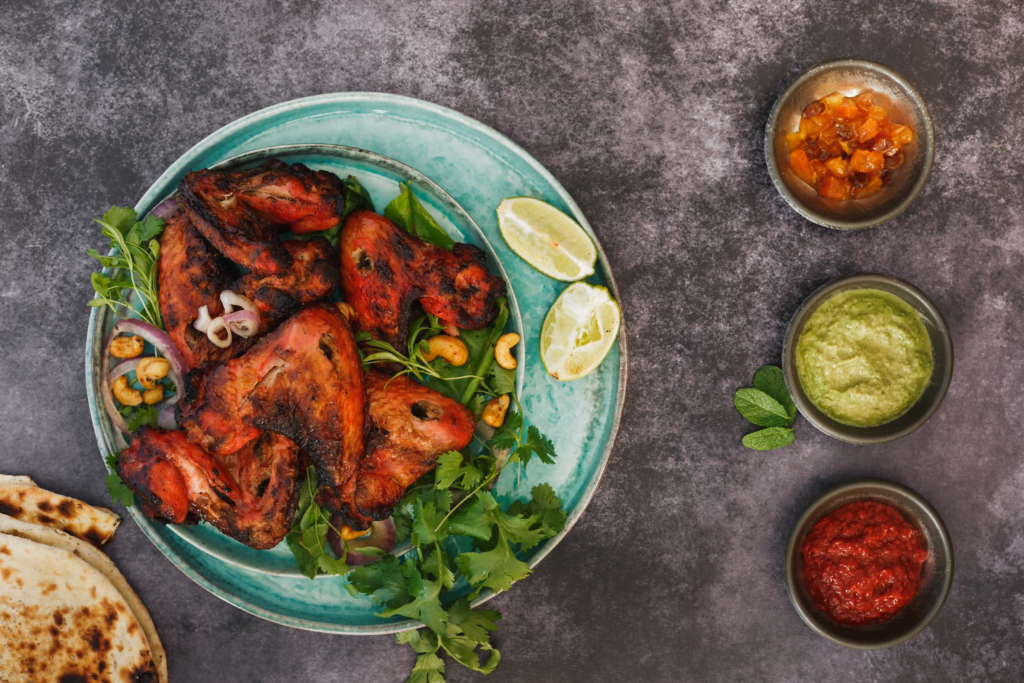Cuisines: Indian
Indian cuisine is a dazzling tapestry of flavors, colors, and aromas that has captivated taste buds around the world for centuries. Rooted in a rich cultural heritage, Indian cooking traditions are as diverse as the country itself, reflecting its vast landscape, history, and multicultural influences. In this exploration, we will delve into the heart of Indian cuisine, uncovering its cooking traditions and the cultural significance behind its culinary practices.
Cooking Traditions
- Spices and Aromatics: At the core of Indian cuisine lie a myriad of spices, herbs, and aromatics that add depth and complexity to dishes. From the pungent garlic and ginger to the warming embrace of cumin and coriander, these ingredients are meticulously blended to create distinctive regional flavors.
- Regional Diversity: India’s culinary landscape is incredibly diverse, with each region boasting its unique specialties. For example, the North is known for its tandoori dishes and rich gravies, while the South is celebrated for its spicy curries and rice-based meals. The West offers a taste of vibrant street food, and the East showcases delicate sweets and seafood delights.
- Vegetarian and Vegan Traditions: Indian cuisine is a paradise for vegetarians and vegans. Traditional practices like Ayurveda and Jainism have influenced a significant portion of the population to embrace plant-based diets, resulting in a wide array of delectable vegetarian and vegan dishes.
- Cooking Techniques: Indian cooking employs various techniques, such as slow cooking in clay ovens (tandoors), stir-frying, and simmering. Techniques often vary depending on the type of dish and the region it hails from.
Cultural Significance
- Festivals and Rituals: Food plays a vital role in Indian culture, with festivals like Diwali and Holi featuring an array of special dishes. Families come together to prepare and share traditional meals, reinforcing bonds and celebrating the richness of their heritage.
- Hospitality: Indian hospitality is renowned worldwide, and offering food to guests is a common expression of warmth and respect. It’s customary to serve guests a variety of dishes, ensuring they experience a wide range of flavors and textures.
- Seasonal Eating: Indian cuisine is often closely tied to the seasons. The availability of ingredients can influence recipes, ensuring that dishes are not only flavorful but also align with the local environment.
- Spiritual Connection: Many Indians view cooking as a spiritual act, and meal preparation is often accompanied by prayers and rituals. This connection between food and spirituality is deeply ingrained in Indian culture.
Indian cuisine is a treasure trove of culinary delights, where cooking traditions and cultural practices harmoniously blend. It’s a cuisine that invites exploration, tantalizes the senses, and brings people together. Whether you’re savoring a spicy curry, enjoying a fragrant biryani, or indulging in a sweet gulab jamun, every bite tells a story of tradition, culture, and the vibrant spirit of India. So, embark on a culinary journey and savor the flavors of this diverse and captivating cuisine.
Level :
Type :
Time :
Level :
Type :
Time :
Level :
Type :
Time :
Level :
Type :
Time :
Level :
Type :
Time :
Level :
Type :
Time :





